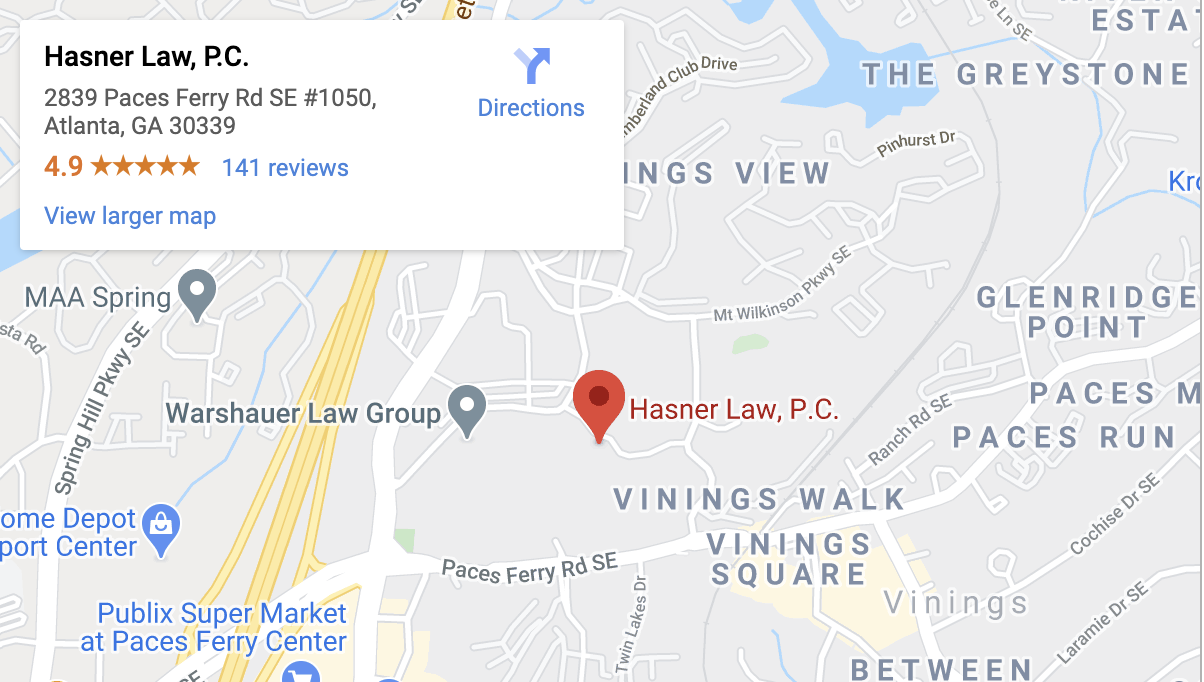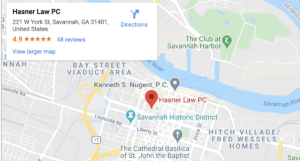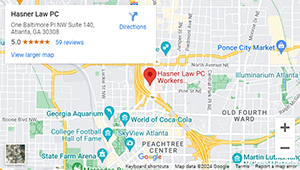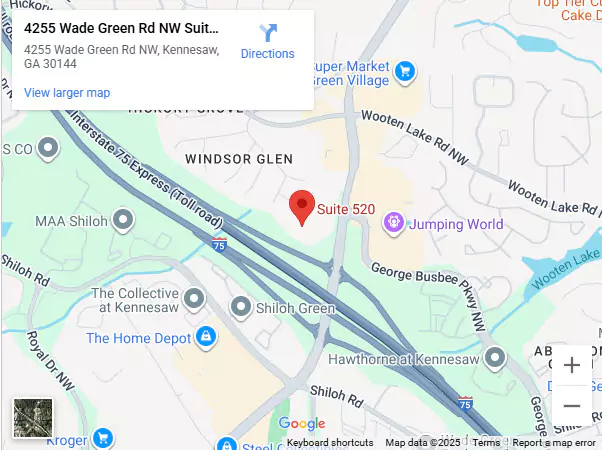Loss of Earnings/Diminished Earning Capacity

When you suffer an injury in an accident, you might lose your ability to work. A back injury will affect an office worker’s ability to sit just as it will affect a construction worker’s ability to lift.
If your injury resulted from someone else’s negligent or intentional actions, you should not have to bear the income losses resulting from the injury. In other words, these income losses result directly from the injury and usually fall within the scope of the damages you can claim.
Here are some facts about income losses, such as loss of earnings and diminished earning capacity, and how they get treated in an injury claim.
Damages You Can Claim After an Accident

Your damages after an accident include your economic damages and your non-economic damages. Georgia law also refers to these as special damages and general damages.
Economic or Special Damages
Economic or special damages cover all of the ways your accident affected you financially. An insurer or jury awards you economic damages to replace the money you spent or lost due to your accident.
Some examples of economic damages include:
- Past and future medical expenses
- Past and future lost earnings
- Diminished earning capacity
Georgia refers to economic damages as special damages because they are unique to you. Your losses will not match the losses of any other person. To get special damages, you must prove them with evidence.
Non-Economic or General Damages
Non-economic or general damages cover how your accident diminished your quality of life. You receive non-economic damages to compensate for the intangible ways your injuries changed your life. These damages substitute money for the diminishment in your quality and enjoyment of life.
Examples of non-economic damages include:
- Physical pain
- Mental and emotional suffering
- Inconvenience
- Inability to participate in activities like work and recreation
Georgia law refers to non-economic damages as “general damages.” Georgia law presumes these damages to exist in every case and allows the jury to determine the amount. You do not need to prove the value of your general damages. But you can help the jury by showing how your injuries affected your life.
Losses Based on Your Inability to Work
If you cannot work after your accident, you will suffer both economic and non-economic damages. Economic and non-economic damages compensate you for different aspects of working.
Loss of Earnings
Loss of earnings refers to the wages, salary, or commissions you did not earn because of your injuries. Suppose your doctor prescribes two weeks of rest after you suffer a mild brain injury, like a concussion, in a car accident.
The doctor writes a note to your employer, and your employer excuses you from work, meaning your employer will not fire you. But at the same time, your employer will not pay you for your time off.
Your economic damages can include the pay you lost due to your injury. You will document this with a copy of your doctor’s note and your pay stubs showing that you did not get paid for your time off.
Your economic damages can also include your future time off. Suppose that you suffered a knee injury in a slip and fall accident. You can claim the work time you will miss in the future due to knee surgery and rehabilitation.
Future lost earnings require some speculation. But you can usually document them well enough for a jury or claims adjuster by providing an opinion letter from your doctor.
Diminished Earning Capacity
Diminished earning capacity is a related but distinct form of economic damage. Diminished earning capacity refers to your loss in wages or salary due to long-term disabilities if your injuries require you to:
- Quit your job
- Find a different job
- Cut your hours
These changes will affect your earning capacity. For example, if you can stay at your job but can only work part-time due to your injuries, you have lost the income and benefits you could have earned.
Your economic damages include your diminishment in your earning capacity until your injury heals. If you suffer permanent disabilities, you can claim your diminished earning capacity over your remaining work life.
Inability to Work and Damage Claims
Losing the ability to work changes your life in many ways. By including aspects of work in both your economic and non-economic claims, you can seek compensation for all of the ways your injuries impact your work life. Contact Hasner Law Injury & Workers’ Compensation Attorneys, for a free consultation to learn more about the damages you can seek for loss of earnings, diminished earning capacity, and inability to work with a team of injury lawyers in Atlanta.







